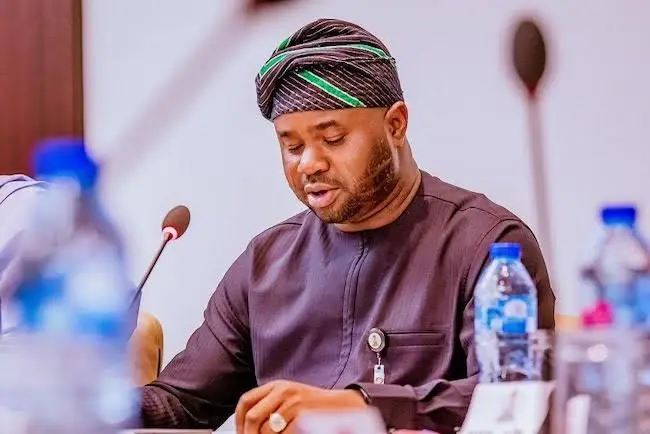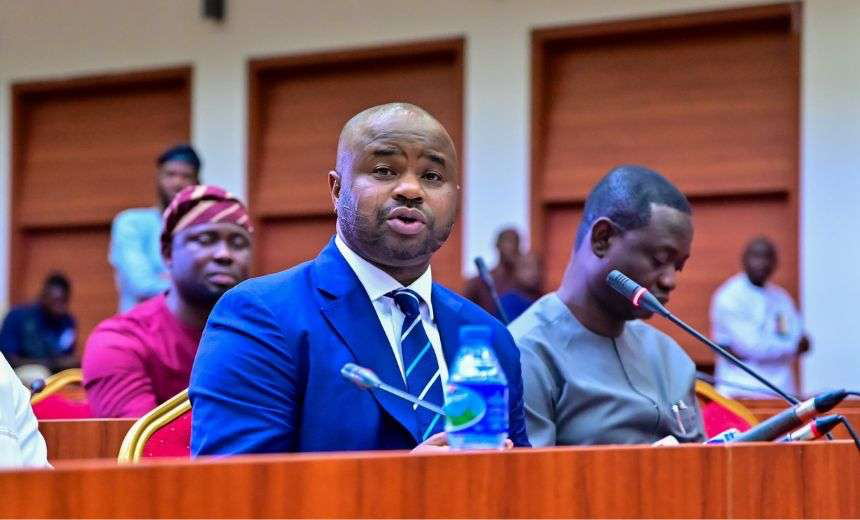FIRS begins e-invoicing, electronic fiscal system for large taxpayers
By Kadiri Abdulrahman
The Federal Inland Revenue Service (FIRS) has launched a new electronic invoicing solution to transform how businesses pay taxes in Nigeria, a move that will make tax compliance faster, easier, and more transparent.
The Executive-Chairman, FIRS, Dr Zacch Adedeji, disclosed this in a statement by Dare Adekanmbi, his Special Adviser on Media in Abuja on Sunday.
Adedeji said that the e-invoicing solution went live on Aug. 1, following a successful pilot phase which began in November 2024.
Adedeji said that large taxpayers, which are companies with annual turnover of five billion Naira and more, are expected to be the first to be onboarded on the platform.
“In less than two weeks of the initiative going live, no fewer than 1,000 companies, representing 20 per cent of over 5,000 eligible firms, have so far embraced the solution and commenced integration with FIRS MBS platform.
“The remaining large taxpayers are expected to come onboard on or before November 1, which is the deadline for all the firms in the category to finalise their onboarding and integration processes.
“MTN Nigeria became the first taxpayer to transmit live electronic invoices to the FIRS, officially ushering in the e-invoicing regime. Huawei Nigeria and IHS Nigeria have also concluded test transmissions and are set to go live in the coming days.”
He said that service providers had been incorporated into the ecosystem, in collaboration with the National Information Technology Development Agency (NITDA), to act as both System Integrators and Access Point Providers.
“These providers will facilitate the onboarding, integration, and invoice transmission processes for taxpayers,” he said.
Adedeji commended all large taxpayers, tax consultants, and service providers for their cooperation and commitment to the success of the e-invoicing project.
“We also acknowledge the genuine efforts of many taxpayers who strove to meet the Aug. 1 deadline but encountered operational constraints.
“In the spirit of encouraging voluntary compliance, the FIRS management has graciously approved a three-month extension of the deadline, with the new deadline now set for Nov. 1.
“The FIRS e-Invoicing implementation team will continue to provide support through stakeholder engagements, including webinars, workshops and town hall meetings, to ensure a seamless transition for all large taxpayers,” he said.
The national e-invoicing solution was an electronic fiscal system (EFS) developed by FIRS to provide real-time visibility into commercial transactions and ensure the authenticity, accuracy, and completeness of invoices.
It is being rolled out in phases, beginning with large taxpayers and with those in the medium and emerging groups to follow.
The News Agency of Nigeria(NAN) reports that the system aligns with global best practices and supports the Federal Government’s broader objectives of enhancing revenue assurance, reducing tax evasion and modernising tax administration.
It is also a critical tool in the implementation of the Nigeria Revenue Services Reform Act, which seeks to harmonise revenue reporting and establish a single source of truth for government revenues.(NAN)
Edited by Olawunmi Ashafa





